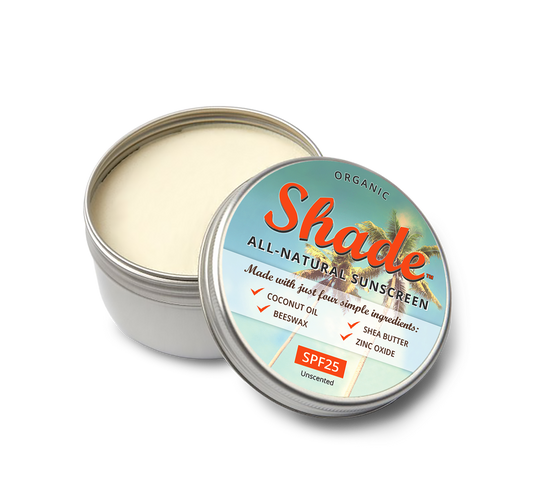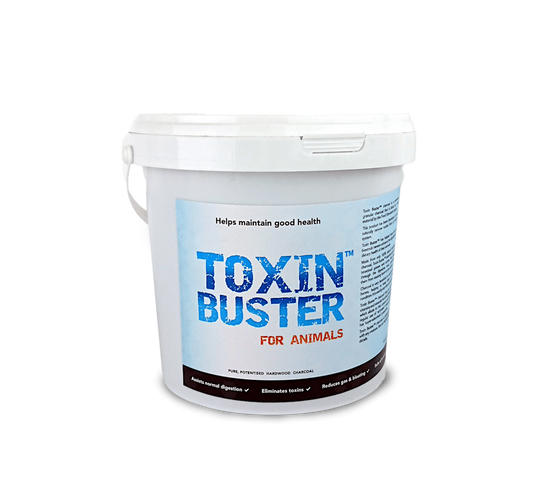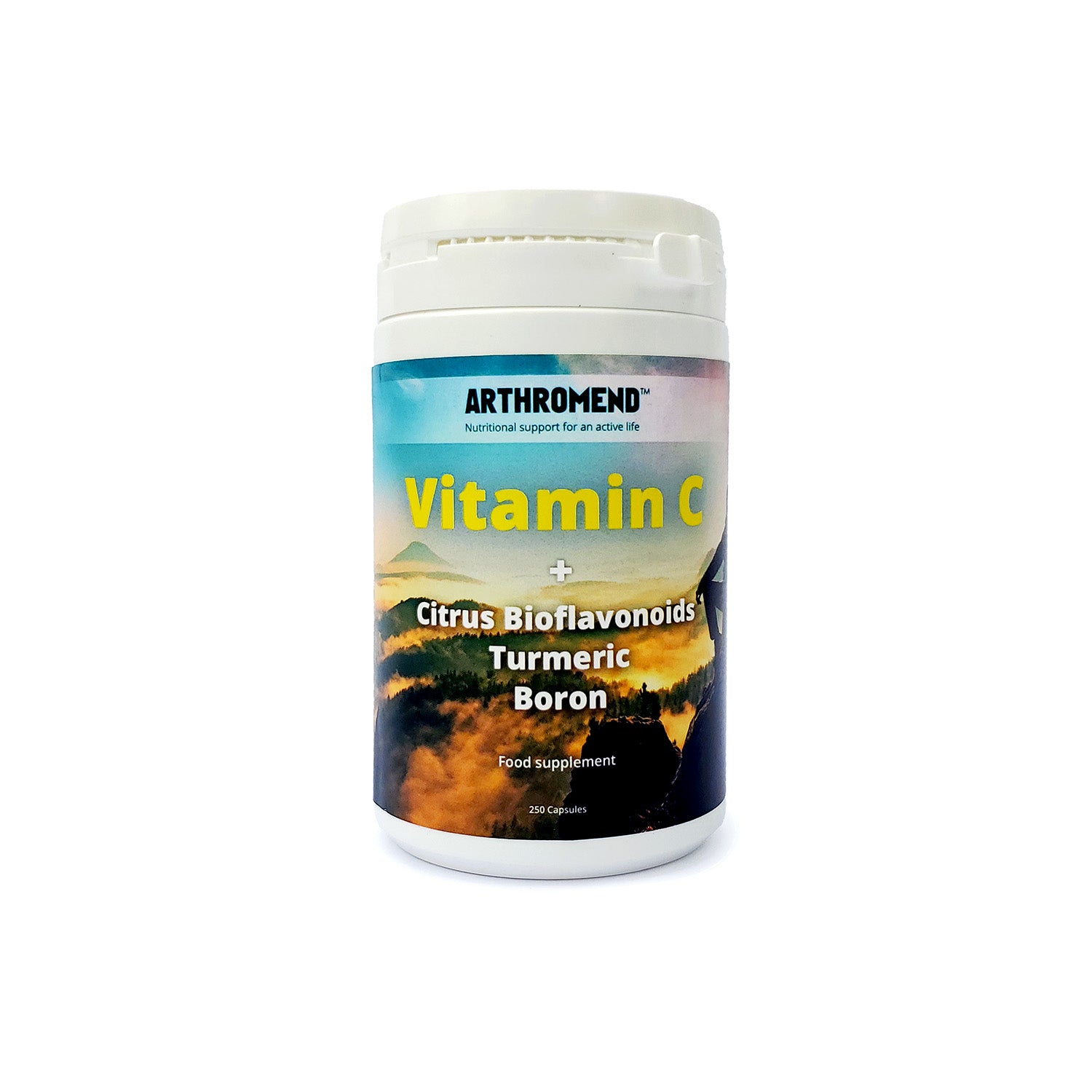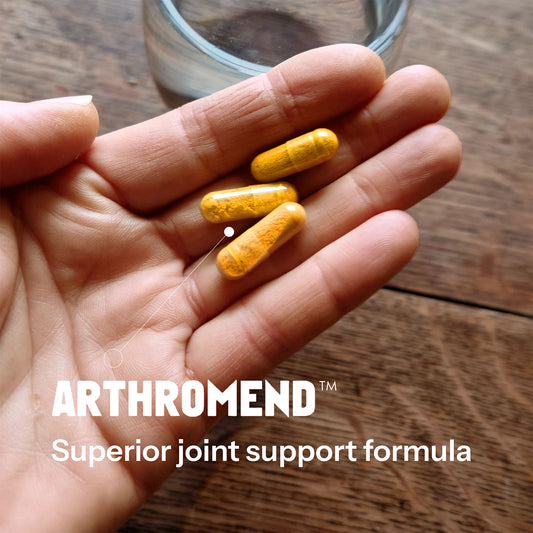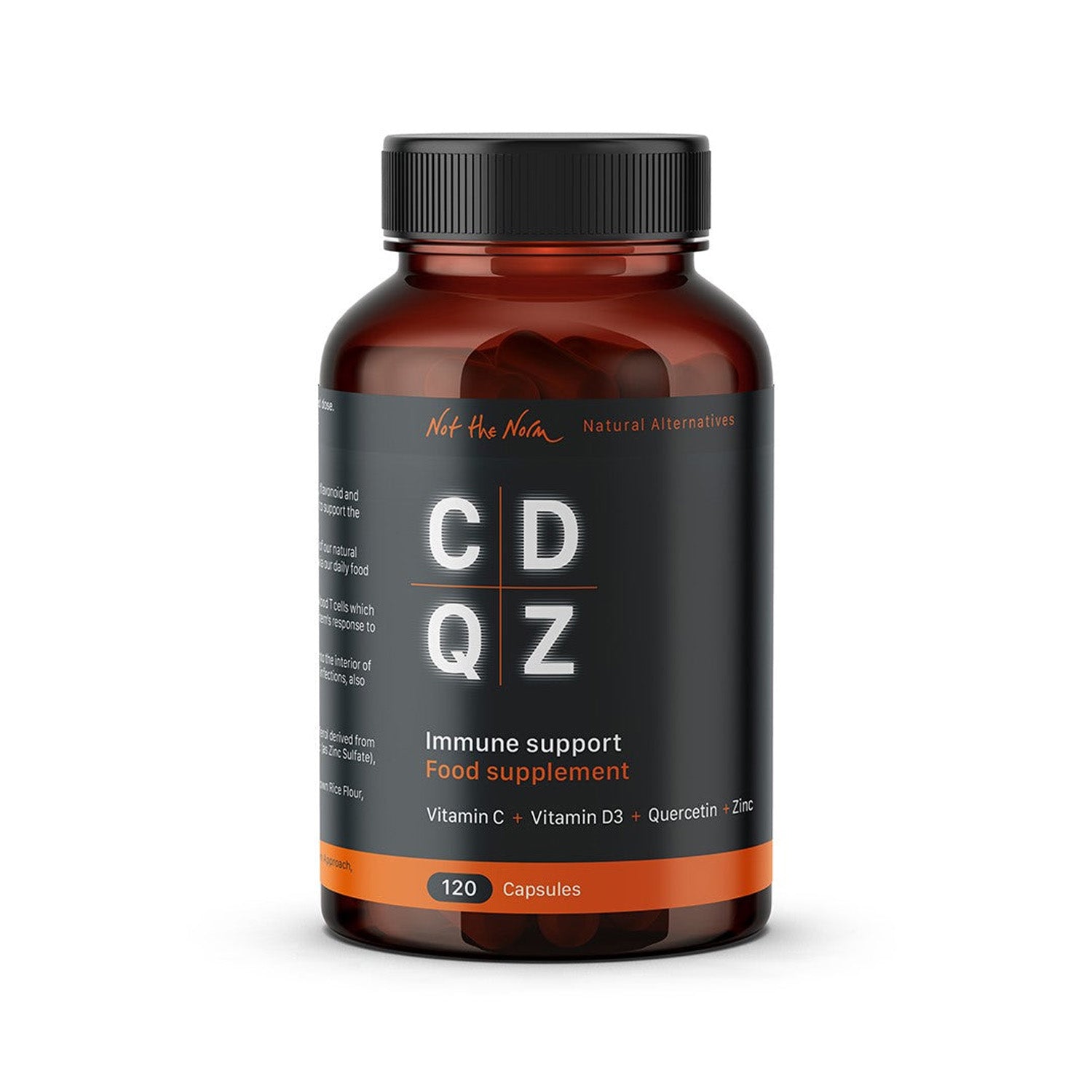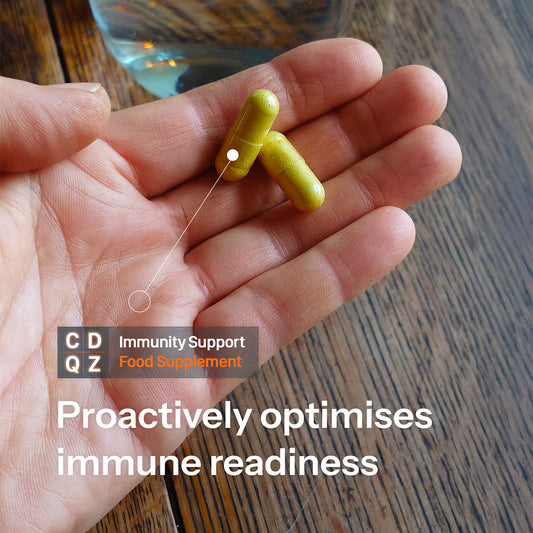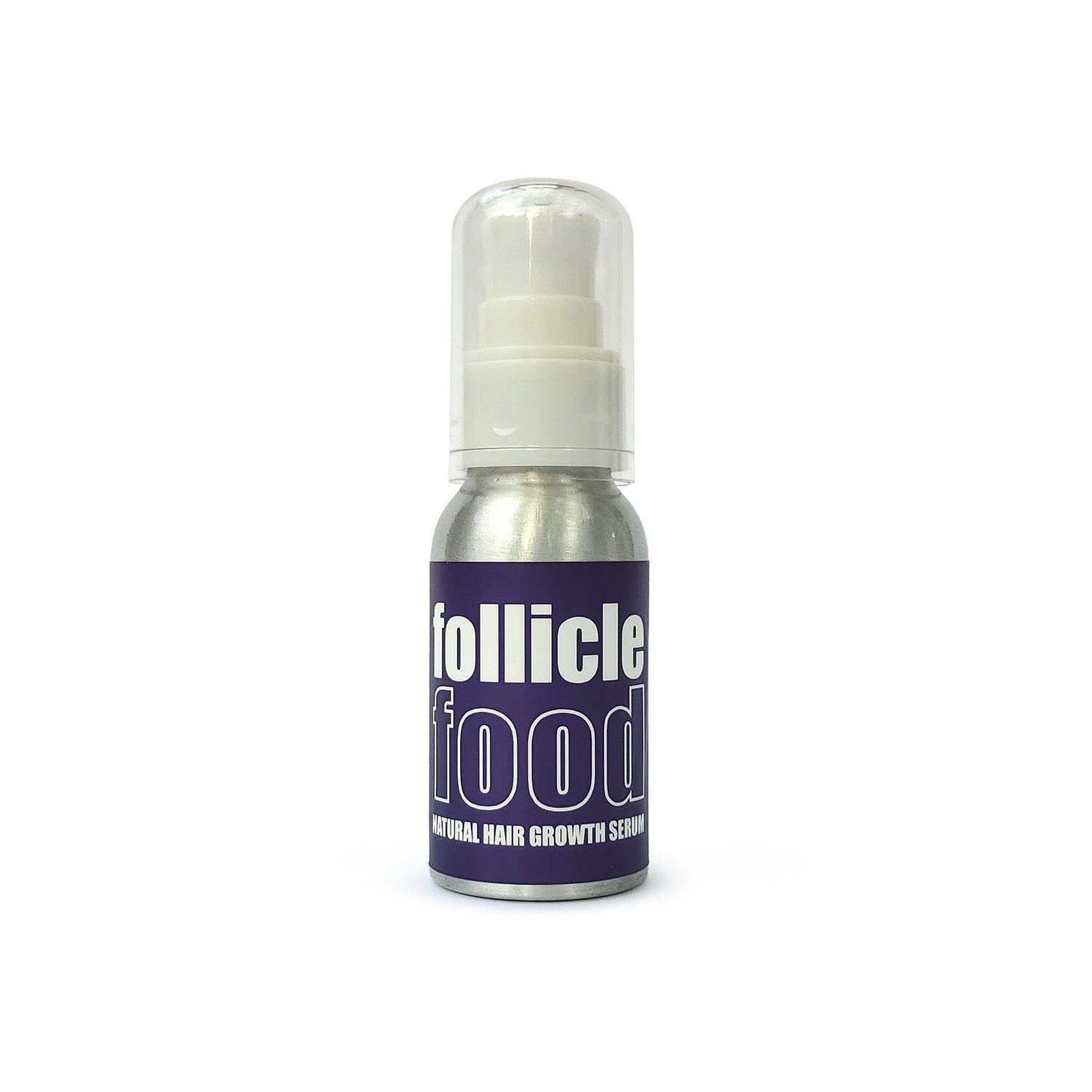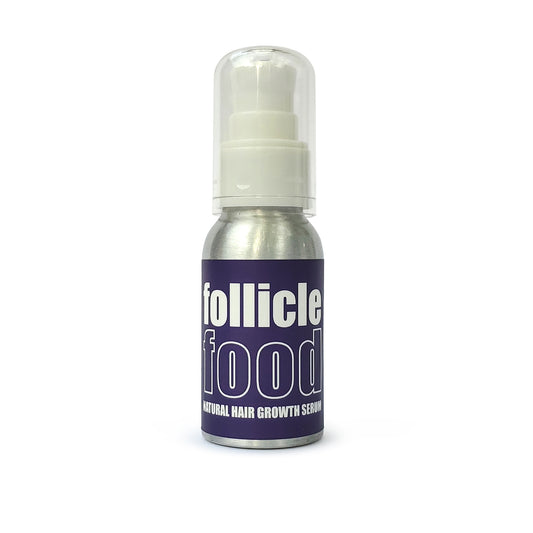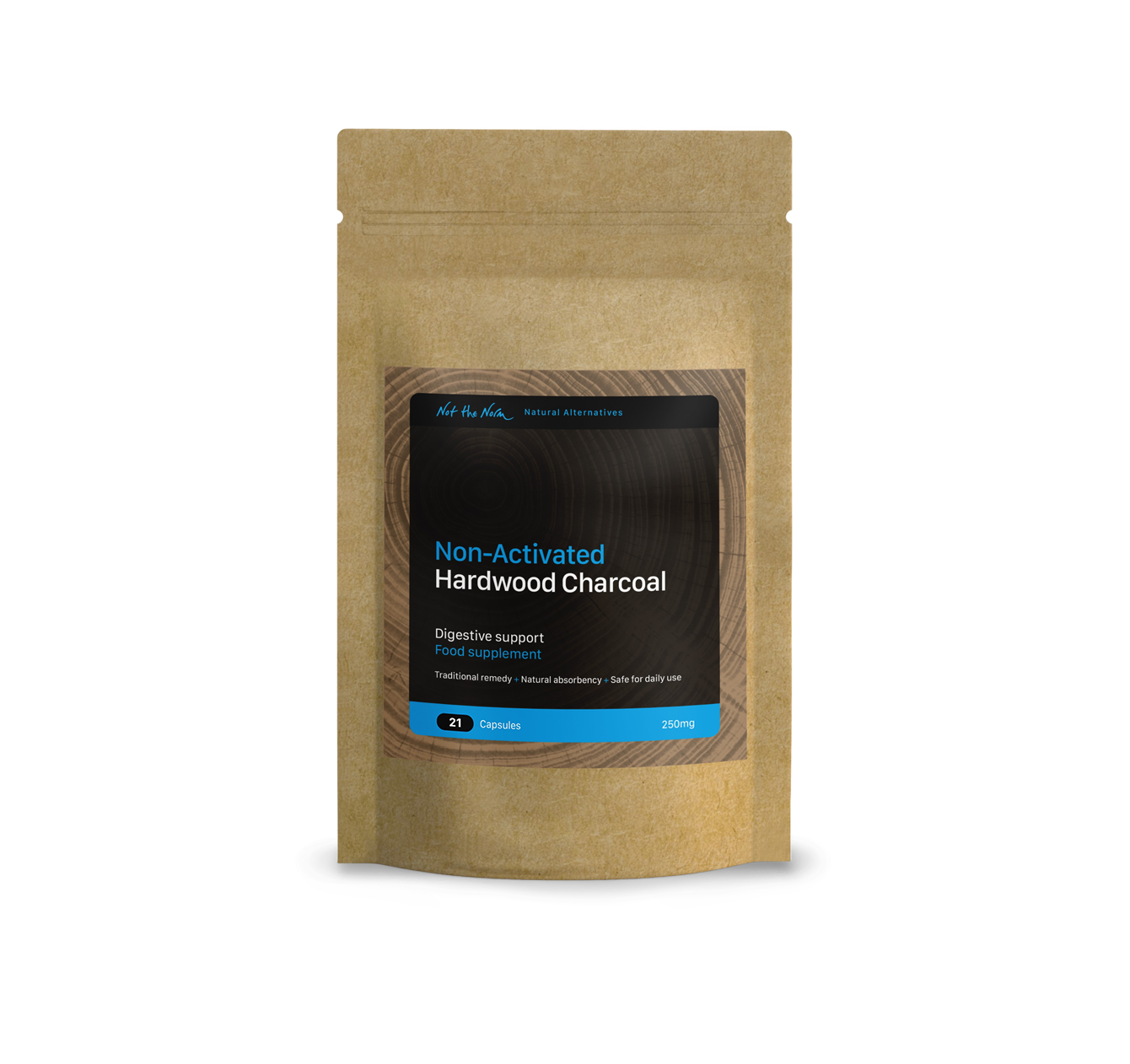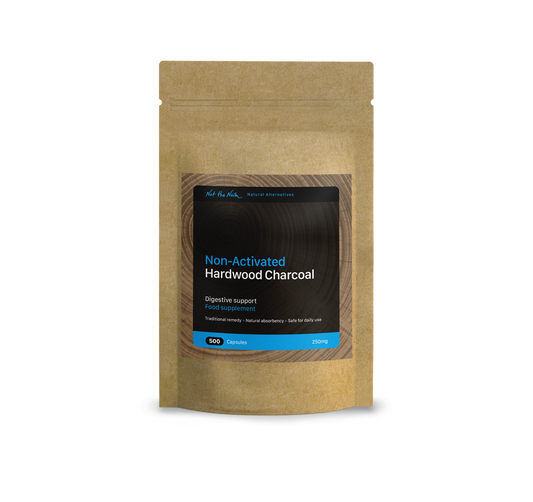Systemic inflammation is like a smouldering fire within your body. Unlike the kind of inflammation you can see—like a swollen ankle or a sore throat—systemic inflammation is widespread, affecting multiple parts of your body at once. It plays a major role in the health problems many of us face, including asthma, allergies, and even more serious conditions like heart disease and diabetes.
The foods we eat, the lifestyle choices we make, and the stress we carry all feed this fire. But here’s the thing: You can put it out. By making smart changes, you can lower systemic inflammation, breathe easier, and live a healthier, more vibrant life.
Your Diet: Fuel for Inflammation or a Path to Healing?
Your diet is one of the biggest contributors to systemic inflammation, but it’s also one of the most powerful tools for fighting it. The choices you make at the grocery store and in the kitchen can either fan the flames of inflammation or help extinguish them.
Foods That Fan the Flames
-
Processed Foods: Those quick and easy snacks might be convenient, but they’re often packed with artificial additives and preservatives that disrupt your body’s natural balance, leading to inflammation. Think twice before reaching for that bag of chips or sugary cereal.
-
Sugars and Refined Carbohydrates: Sugar might taste sweet, but it’s souring your health. High sugar intake causes spikes in blood sugar, triggering the release of inflammatory chemicals that can wreak havoc on your body. Bread, pastries, and fizzy drinks are major culprits.
-
Grains and Gluten: If you’re sensitive to gluten or certain grains, eating them can cause your body to react with inflammation—not just in your gut, but throughout your entire system. This can make breathing more difficult and exacerbate conditions like asthma.
-
Trans Fats: Found in fried foods, baked goods, and margarine, trans fats are known to increase inflammation. They clog your arteries and stiffen your blood vessels, putting your heart and lungs at risk.
Foods That Fight Inflammation
The good news? There are plenty of delicious foods that can help you fight back against systemic inflammation:
-
Omega-3 Fatty Acids: Found in fatty fish like salmon, walnuts, and flaxseeds, omega-3s are natural anti-inflammatories. They help reduce inflammation at the source, supporting heart health and easing respiratory symptoms.
-
Antioxidant-rich Fruits and Vegetables: Berries, leafy greens, and colourful vegetables are packed with antioxidants that combat the free radicals fuelling inflammation. Every time you eat a salad or snack on some blueberries, you’re fighting back against inflammation.
-
Whole Grains: Unlike refined grains, whole grains like oats, quinoa, and brown rice are rich in fibre, which supports gut health and helps keep inflammation in check.
-
Healing Spices: Spices like turmeric and ginger aren’t just for adding flavour—they’re also powerful anti-inflammatory agents. Add them to your meals to give your body an extra boost in the fight against inflammation.
Supercharge Your Health with Yamoa™
As you embark on this journey to reduce inflammation and improve your respiratory health, consider adding Yamoa™ to your regimen. This natural supplement, derived from the bark of the Funtumia elastica tree, has been used traditionally for its potent anti-inflammatory properties and its ability to support respiratory health at a cellular level.
Yamoa™ works by targeting inflammation directly, helping to calm the immune system’s overactive response that drives asthma and allergies. By incorporating this powerful supplement into your diet, alongside other anti-inflammatory foods and lifestyle changes, you’re giving your body the additional tools it needs to heal and thrive. Yamoa™ helps relieve respiratory allergies and asthma symptoms, allowing you to breathe easier and live more fully.
The Inflammation-Metabolic Syndrome Connection
Systemic inflammation doesn’t just make you feel crummy—it’s also linked to serious conditions like metabolic syndrome, a cluster of issues that raise your risk for heart disease, diabetes, and more. If you’ve got extra weight around your middle, high blood pressure, or high blood sugar, systemic inflammation could be at the root of the problem. But you can take control.
What is Metabolic Syndrome?
Metabolic syndrome is your body’s way of telling you that something’s off. It includes:
-
Extra belly fat: Abdominal fat isn’t just inconvenient—it’s dangerous. This type of fat is particularly inflammatory, releasing chemicals that fuel systemic inflammation.
-
High blood pressure: When your blood vessels are inflamed, they can stiffen and narrow, making it harder for your heart to pump blood effectively.
-
Insulin resistance: This condition, often a precursor to type 2 diabetes, is linked to systemic inflammation and can make managing asthma and allergies more difficult.
By tackling inflammation through diet, lifestyle changes, and the addition of Yamoa™, you can reduce your risk of metabolic syndrome and its complications.
Boost Your Results with Intermittent Fasting
In addition to dietary changes and supplements, intermittent fasting can be a powerful tool in your fight against systemic inflammation. Intermittent fasting isn’t just about cutting calories—it’s about giving your body a break from constant digestion, allowing it to focus on healing and repair. During fasting periods, your body has a chance to lower insulin levels, reduce oxidative stress, and decrease inflammation throughout your system.
When you fast, your body starts to clean up damaged cells, a process known as autophagy, which can help clear out inflammatory cells and improve immune function. Intermittent fasting has also been shown to reduce the risk of metabolic syndrome, improve insulin sensitivity, and promote weight loss, all of which can help alleviate asthma and allergy symptoms. By combining intermittent fasting with an anti-inflammatory diet and supplements like Yamoa Funtumia elastica, you’re giving your body a comprehensive toolkit to combat inflammation and boost your overall health.
Lifestyle Changes: Beyond Diet
While diet is crucial, your lifestyle choices also play a huge role in managing inflammation:
-
Move More: Physical activity is a natural inflammation fighter. Whether it’s a daily walk, a yoga class, or weight training, exercise helps lower inflammation and improve your overall health.
-
Manage Stress: Chronic stress keeps your body in a state of high alert, which can increase inflammation. Incorporate stress-relief practices like meditation, deep breathing, or simply spending time in nature to calm your mind and body.
-
Get Enough Sleep: Lack of sleep is a sneaky contributor to inflammation. Prioritize getting 7-9 hours of quality sleep each night to give your body time to repair and recharge.
The Power of Small Changes
It might seem overwhelming to overhaul your diet and lifestyle all at once, but remember: small, consistent changes can lead to big results. Start by swapping out one processed snack for a piece of fruit, or adding a handful of walnuts to your breakfast. Take a short walk after dinner or practice mindfulness for five minutes a day. Each positive choice you make is a step toward reducing inflammation and reclaiming your health.
Embrace Your New, Healthier Life
Imagine a life where you wake up feeling refreshed, your breathing is clear, and your energy levels are high. A life where you’re not just managing your symptoms but thriving. By understanding the role of systemic inflammation and making conscious choices to combat it, you’re not only improving your asthma and allergies—you’re enhancing your overall well-being.
Adding Yamoa™ to your diet gives your body an additional ally in the fight against inflammation. With its natural, powerful properties, you’re empowering yourself to address respiratory allergies and asthma on a deeper level.
Don’t wait for a better tomorrow—start today. Choose foods that nourish rather than inflame, move your body with joy, and let go of stress that no longer serves you. The journey to a healthier, inflammation-free life is within your reach. Take the first step now, and watch as your body responds with strength, resilience, and vitality.


